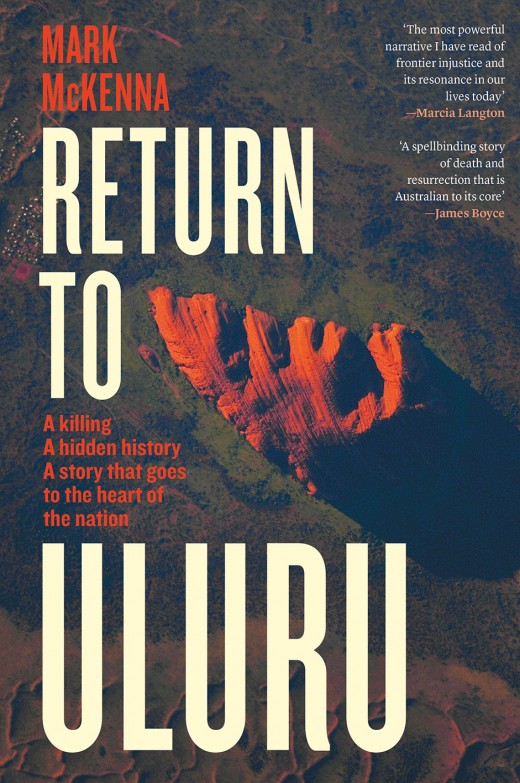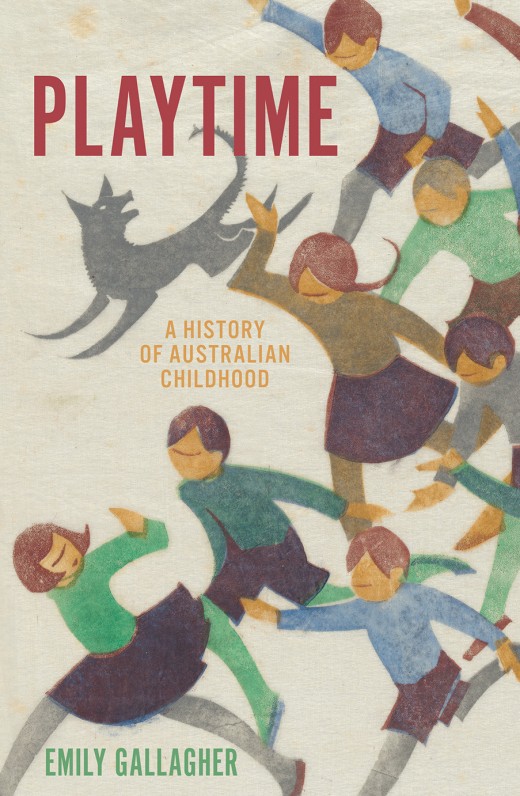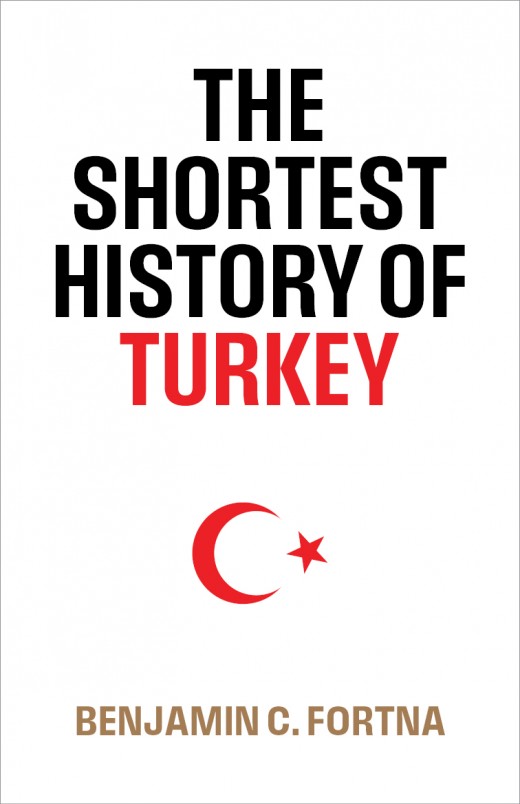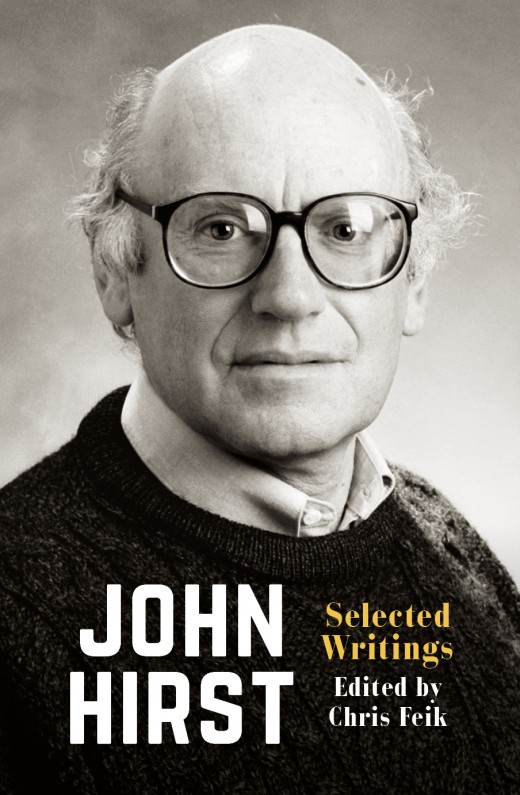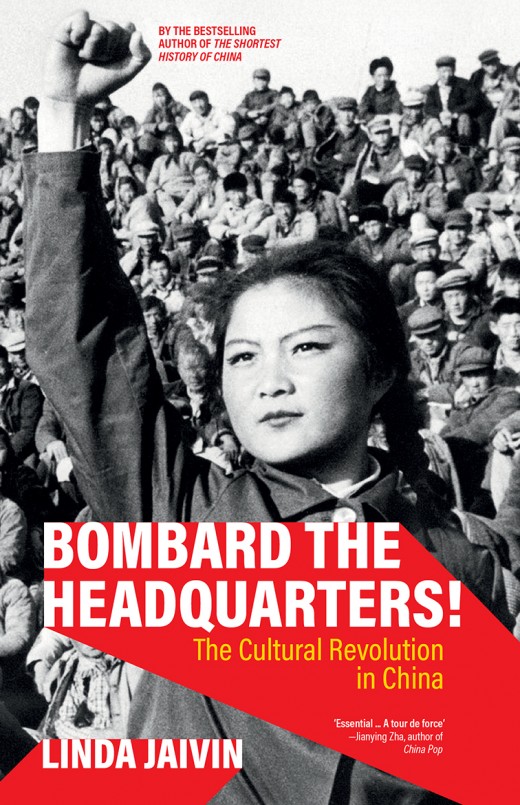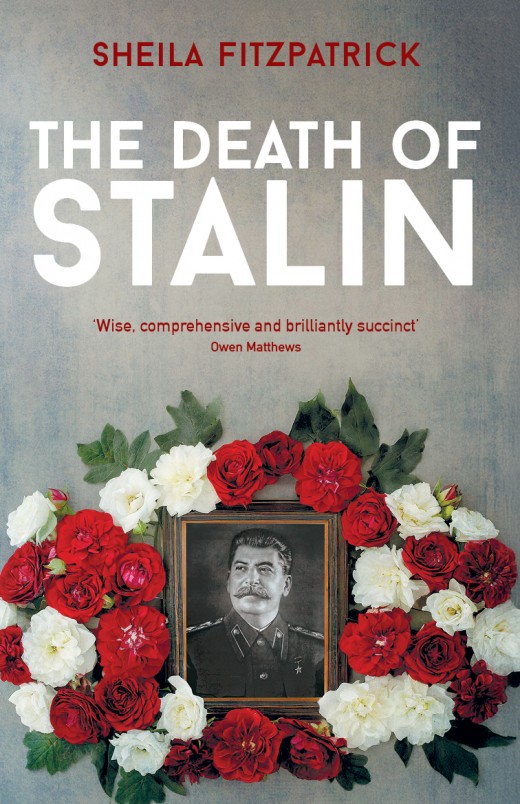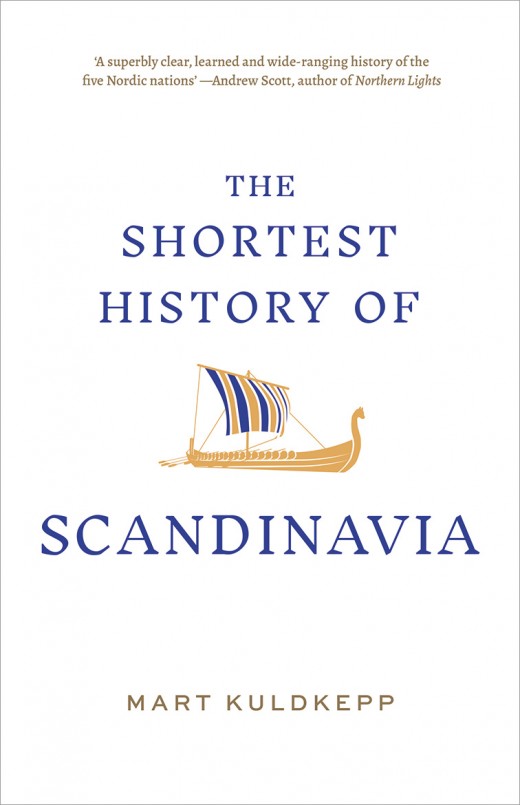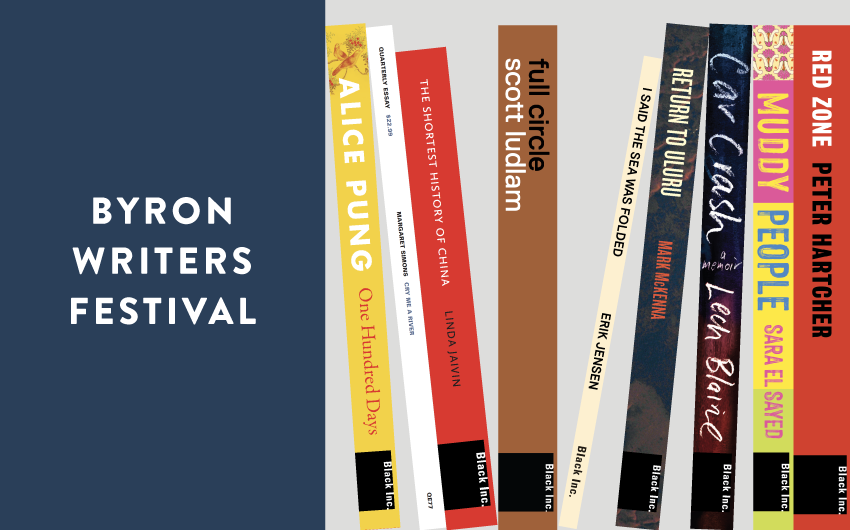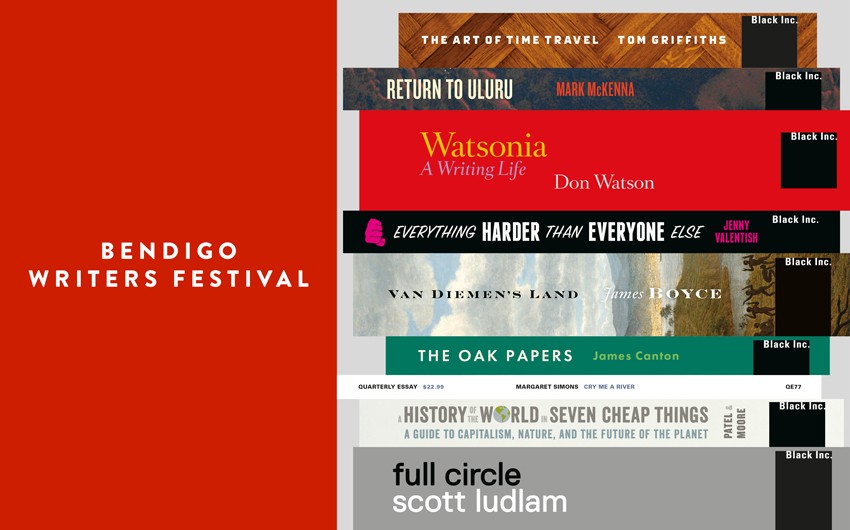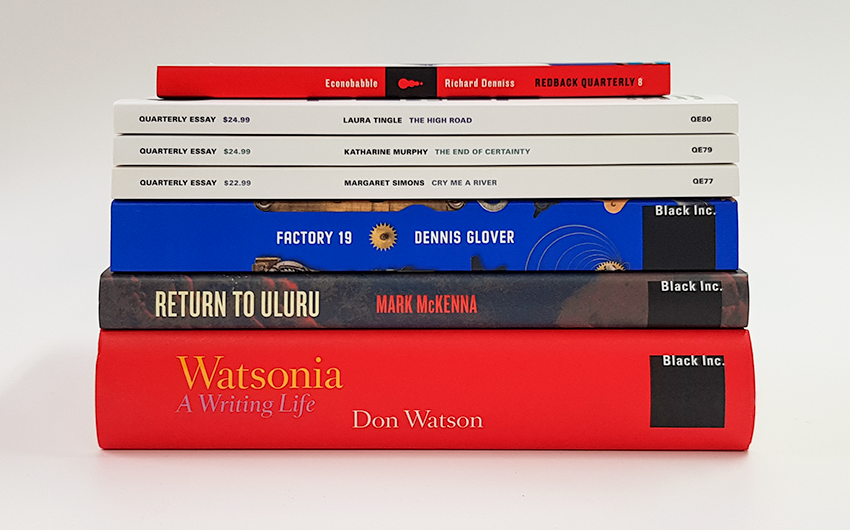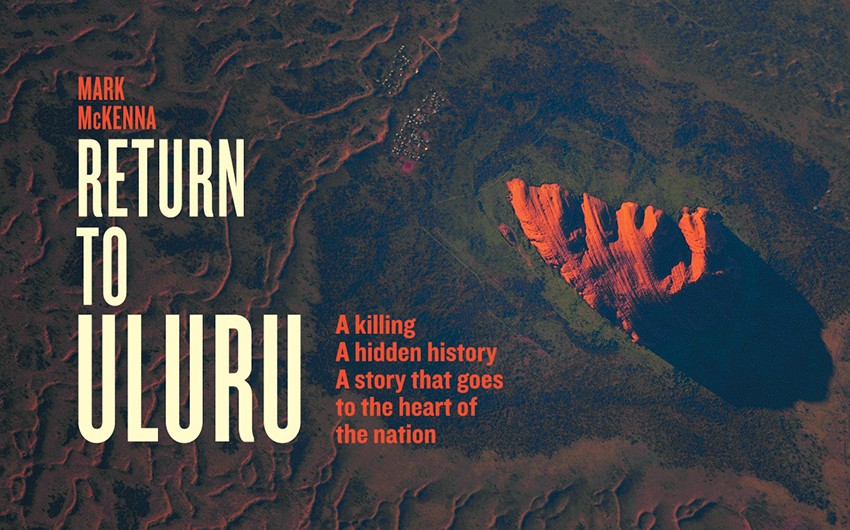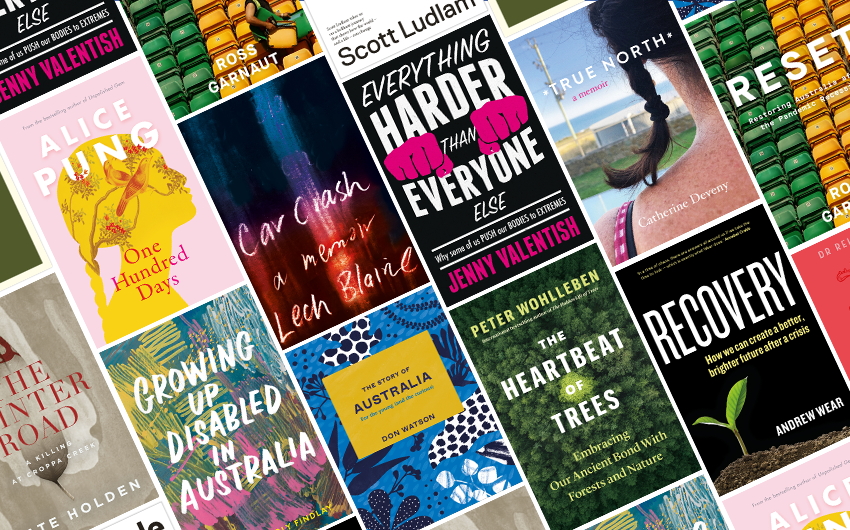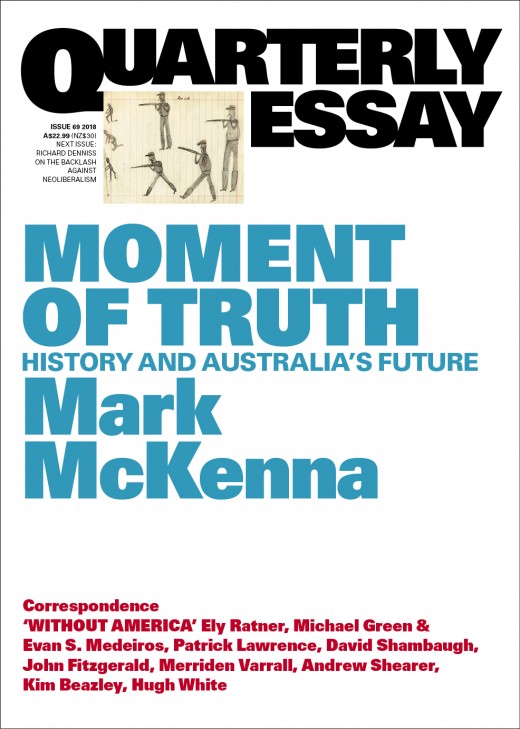‘Mark McKenna sets the highest standard for truth-telling of the kind that Australians so urgently need if they are to live in this country with honour. I feel sure that this book will become an Australian classic, not the first of its kind, but certainly the most powerful narrative I have read of frontier injustice and its resonance in our lives today.’ —Marcia Langton
‘Mark McKenna has exposed the wounded heart of Australia. Never has a history of our country so assumed the power of sacred myth. Return to Uluru is a spellbinding story of death and resurrection that is Australian to its core.’ —James Boyce
‘A timely elevation of a foundational Australian–Aṉangu story in the age of the Uluru Statement from the Heart. The Uluru Statement seeks to enshrine, as this book does, the ancient polities of this land within the framework of Australian democracy. Return to Uluru will form an important part of Australia’s truth-telling canon.’ —Megan Davis
‘In illuminating one incident at Uluru in the 1930s, Mark McKenna casts a larger light on the culture and ideology of that era – harsh and brutal in so many ways, yet also uncomfortably recognisable. A clever, well-written book for Australian schools and politicians’ desks.’ —Robyn Davidson
‘As the nation drags its heels on adequate truth-telling and injustices against First Nations people continue to be perpetrated, books like this help expose the source of the rot.’ —Kim Thomson, Books+Publishing
‘What follows is an incredible investigation that not only throws a crucial new light on this one death – resonating through the families of the two men today – but also lights a meaningful path to understanding and reconciliation.’—Christine Middap, The Weekend Australian Magazine
‘Sometimes a book arrives at a propitious moment, bringing news we need to hear. Return to Uluru is such a work.’ —Geordie Williamson, The Australian
‘A stunning lesson about the persistence of the past.’ —Jeff Sparrow, Sydney Morning Herald
‘An outstanding work of historical detection and riveting storytelling. Mark McKenna picks up the threads of a cold case and follows their twisty turns to the heartbreaking truth of violent white settlement in Australian Aboriginal country. If truth is necessary for reconciliation, McKenna’s vivid account is a vital milestone on the journey.’ —Geraldine Brooks
‘A vividly told, necessary story of the horrors embedded deep within the colonial history of Australia. Mark McKenna uses the tale of a murder in the 1930s to illuminate the complex history of a sacred place; the harms perpetrated by colonisers and the resistance and resilience of the Indigenous people to whom it belongs. It is an honest, sometimes grim, but ultimately uplifting history.’ —Jennifer Raff, associate professor of anthropology at the University of Kansas, author of Origin: A Genetic History of the Americas
‘Richly detailed and superbly conceived, Return to Uluru is a gripping tale of murder and injustice set in the vast heartland of 1930s Australia. But it is also much more than that. For in reconstructing what happened in a small cave alongside the dazzling natural wonder Europeans called Ayers Rock, Mark McKenna has provided us with a still relevant portrait of the ongoing clash between indigenous peoples and the so-called modern world.’ —Scott Ellsworth, author of the National Book Award longlisted The Ground Breaking
‘Mark McKenna’s fascinating and infuriating narrative of frontier injustice delivers a heady blend of true crime mystery, masterful historical research, and an eloquent call for reconciliation and social justice. With a story as resonant in North America as in McKenna’s Australian homeland, Return to Uluru convincingly outs the “heroes” of frontier expansion for what they truly were: architects of atrocities who quite literally were allowed to get away with murder, so long as their victims were Indigenous people, their culture and their way of life.’ —Edward Humes, Pulitzer Prize winning journalist and author of The Forever Witness and Burned
’The violence of racism, hate, and cruelty permeate the global legacy of colonialism, and Australia is a prime case study. In Return to Uluru, Mark McKenna combines a historian’s discernment with craft, compassion, and purpose to paint an unambiguous picture of a horrible wrong from the past and why it matters today. Upending the standard frontier narrative, McKenna offers a white man’s biography in the context of the hate, harm and violence that infused it. But it is not the life story of that man that captivates us. It’s the telling of a series of events ultimately revealed, and best understood, via Indigenous voices, that creates the power and resonance in this book. By framing the events and lives in the context, and words, of The Uluru Statement from the Heart, there is a truth-telling about colonial history. For those readers who are not familiar with Uluru, the Anangu and the realities of what we call “Australia” today, this book is a necessary education and a heartfelt invitation to know and to care.’ —Agustín Fuentes, professor of anthropology, Princeton University, author of The Creative Spark
‘Honest and thought-provoking, this book takes a hard look at some uncomfortable truths in Australia’s history. Recommended for anyone wanting to examine racism, colonialism, and their continued effects.’ —Library Journal
‘Gripping … This eye-opening exposé of an official whitewash delivers the goods’ —Publishers Weekly
‘A killing in Australia sheds light on a long history of violence against Aboriginal people … A thoroughly researched, well-told story of a true crime that can never see punishment.’ —Kirkus
'THIS WEEK’S HOTTEST NEW BOOK RELEASES... This gripping work of true crime explores a decades-old cold case: How did an Aboriginal man named Yokununna die at one of Australia’s most recognizable landmarks, and what does his death reveal about white Australians' treatment of Aboriginal peoples?' —USA Today

